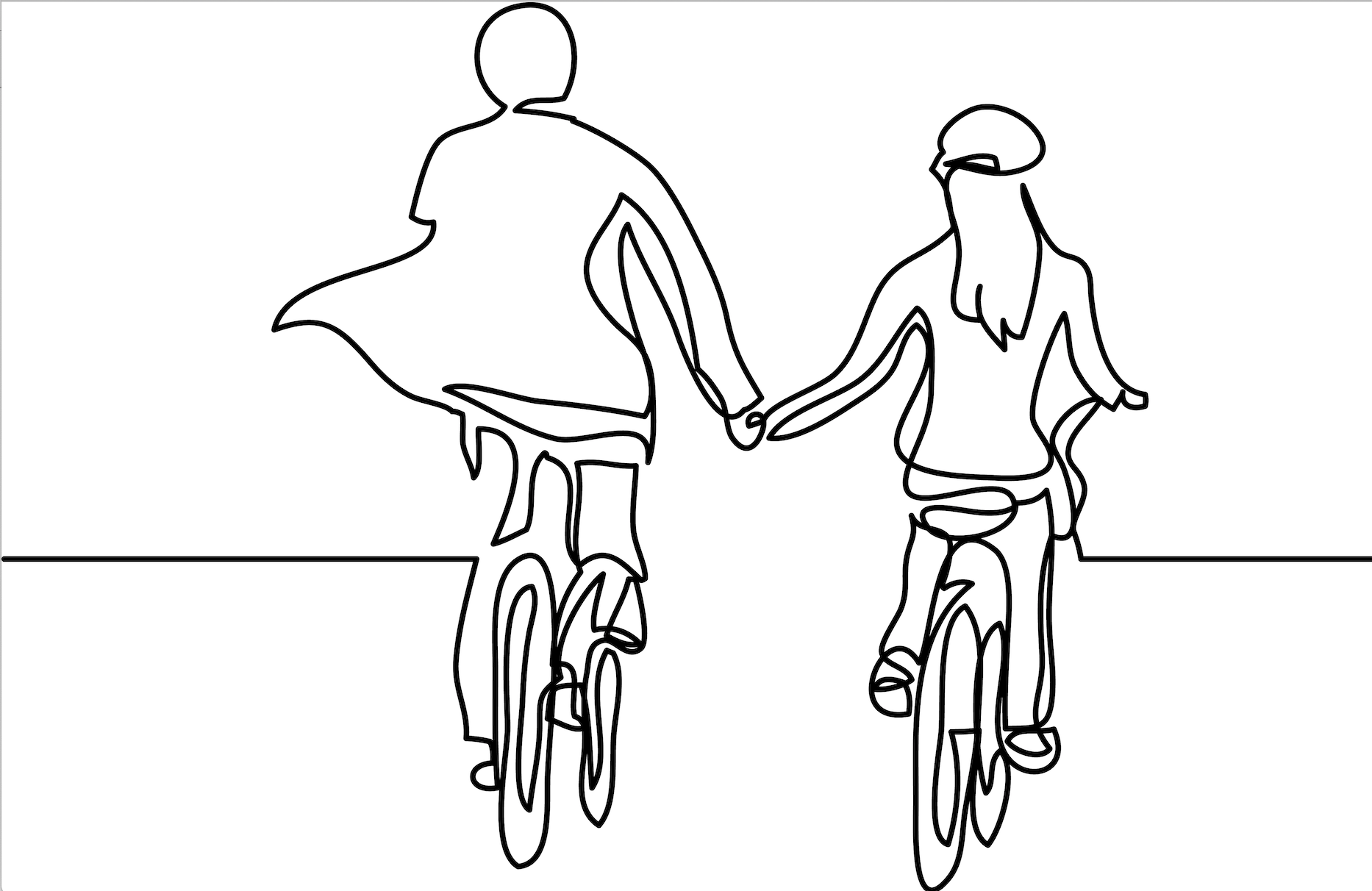Humans are ultra-social species. It’s our nature, and we can’t live our lives without interactions. Ultimately, other people play a crucial role in our happiness.
Psychology says that part of human nature’s default mode is to be social. According to one theory — people have an innate (and very powerful) need to form and maintain strong, stable interpersonal relationships.
Heaps of research suggest that social connections make people happier. Satisfying relationships not only make people happy, but they also associated with better health and even longer life.
Relationships are connected to some of our strongest emotions. When they are positive we feel happiness, contentment and calm. When relationships bring out the worst in us or they are non-existent, we feel anxious, depressed, and lonely.
This effect is not just limited to romantic relationships but close friendships and social connections at work. Having good people in your life has a strong impact on your happiness.
Remember the last time you had a peak experience of a lifetime. A time when you got really excited or felt like everything was right with the world. More than likely those times all involved other people.
A Harvard study on adult development (considered to be the most extended study, which started in 1938, tracked the lives of 724 men for 75 years) found that good relationships are the key factors that matter the most for long-lasting happiness.
“The lesson that came from tens of thousands of pages of that research was that good relationships keep us happier and healthier,” says Dr Robert Waldinger, a psychiatrist, and director of the Harvard Study of Adult Development.
Dozens of other studies have shown that people who have satisfying relationships are happier, have fewer health problems, and live longer.
Everyone is always trying to feel better and happy, regardless of what mood they are in. To find the best connections, our interactions go through a cycle — certain emotions lead us to certain types of people, who either makes us happy or bring out the worst in us, leading us to seek out different types of people to make us happier.
“When we feel bad, the goal is just to feel good again. But when we feel happy, we’re more likely to sacrifice some of the comforts of old, worn-in relationships in order to achieve longer-term goals, like networking or making new friends,” writes Olga Khazan, a staff writer at The Atlantic.
We’re built to seek social companionship. We do better when we’re not alone — a lack of social support directly affects our potential for experiencing happiness. Lack of attachments is linked to a variety of ill effects on health, adjustment, and well-being. But a bad relationship is worse than being alone.
“People who are chronically lacking in social contacts are more likely to experience elevated levels of stress and inflammation. These, in turn, can undermine the well-being of nearly every bodily system, including the brain,” writes Jane E. Brody of The New York Times.
Focus on your most meaningful relationships
Connecting with others is inherently more rewarding. People with strong and healthy relationships are less likely to feel stressed by challenging situations.
If you want to be happier, a new study suggests, you should focus on your relationships — very happy people are highly social and tend to have strong relationships. Instead of turning happiness into a goal, focus on social goals which might just help you find happier experiences in life.
Physiologically, not having a social support system is actually a source of chronic stress for our bodies, says Emiliana Simon-Thomas, PhD, Science Director of the Greater Good Science Center at The University of California.
Studies show that when people feel lonelier they have higher levels of the stress hormone cortisol. And that type of chronic stress raises the risk of heart disease and other health challenges, Simon-Thomas adds.
Relationships can encourage good behaviours that are good for us, which improves our mood, and overall well being. So it makes sense that studies show having fewer social ties is associated with health problems.
“Social connectedness generates a positive feedback loop of social, emotional and physical well-being,” explains Dr Emma Seppala of Stanford Medicine.
The people you choose to surround yourself with have a bigger impact on your happiness and total well-being than you think.
For those seeking happy experiences, it’s not enough to focus on yourself — don’t forget to connect and build better relationships with people. The more you connect, the happier you’ll feel, and the more likely you’ll be to build even more connections.
This article was originally published on Medium.
Follow us here and subscribe here for all the latest news on how you can keep Thriving.
Stay up to date or catch-up on all our podcasts with Arianna Huffington here.


